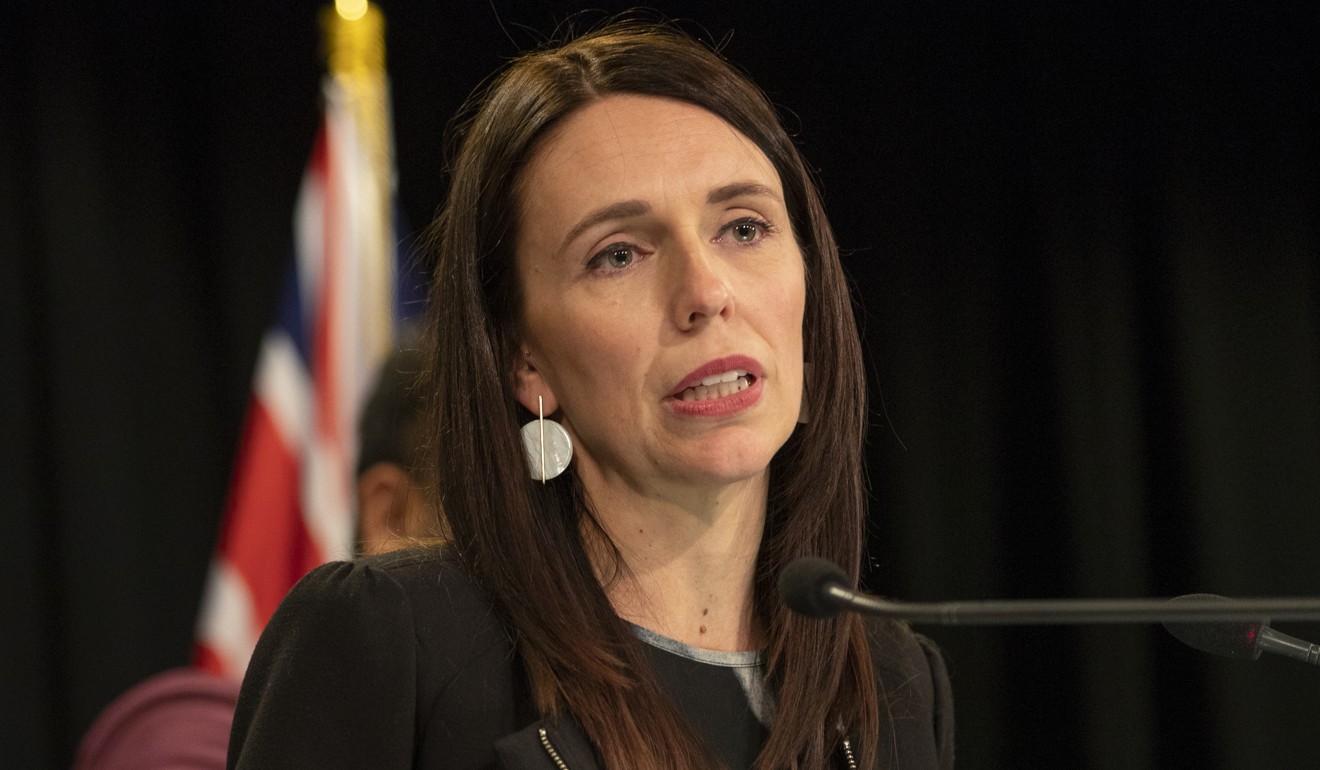
New Zealand professor Anne-Marie Brady who wrote about China’s foreign influence seeks government protection after year-long harassment campaign
- More than 150 experts on China from around the world have urged New Zealand to take action and condemned ‘unprecedented attacks on foreign scholars’ by Xi Jinping’s government
- Their letter states that under Xi’s rule, domestic repression in China has increased, ‘as illustrated by the fate of hundreds of human rights lawyers and activists rounded up in 2015’
More than 150 global China experts have added their voices to demands that the New Zealand government protect Professor Anne-Marie Brady, a China scholar who has been the victim of a year-long harassment campaign.
Brady says she became a target after the release of a paper on Chinese foreign influence in 2017 and has asked the New Zealand government for extra security for herself and her family.
Huawei’s banned, but where’s the backlash in New Zealand?
After the government failed to respond, academics, human rights activists and journalists within New Zealand last week called on the prime minister, Jacinda Ardern, to step in and provide security for Brady. Now 150 China experts from around the world have signed an open letter calling for action.
The letter states that under President Xi Jinping’s rule domestic repression in China has increased, “as illustrated by the fate of hundreds of human rights lawyers and activists rounded up in 2015”, as well as the “re-education” camps in Xinjiang.
At the same time, the Chinese government has targeted critics overseas, the letter states.
“Another form of this escalation are the unprecedented attacks on foreign scholars and researchers of contemporary China, be it in the form of Cultural Revolution-style in-class harassment for their views and opinions, denial of visas, threatened or actual libel suits or, in some cases, detentions during research visits in mainland China,” it says.
“Brady … has become the target of a series of incidents which, taken together with attacks from Party-directed media, are consistent with an intimidation campaign.
“New Zealand authorities have been less than forthcoming in their support for a prominent scholar targeted by a foreign power, at times even adopting a dismissive posture – an attitude appreciated by PRC state media.”
Brady told an Australian parliamentary committee earlier this year that China was seeking to infiltrate New Zealand party politics, media and education, and to sway public opinion and political elites around the world to support its assertive foreign policy.
“Australia and New Zealand appear to have been a test zone for ‘united front’ activities in recent years. And it’s now reached a critical level,” she said. “And it’s now reached a critical level.”

The 165 signatories to the letter include global China experts from 17 countries, including American author, journalist and social commentator Bill Bishop, Danielle Cave from the International Cyber Policy Centre and Swedish human rights activist Peter Dahlin.
A spokeswoman for the prime minister said Ardern “supports and defends the legal right to academic freedom” but it was not appropriate to comment further before the police investigation had been completed.
New Zealand bars foreigners buying homes: Chinese blocked but Singaporeans are still allowed
Last week Brady told The Guardian she and her family had requested security assistance from the government but it was not forthcoming.
“I am really concerned about the safety of my family. About four months ago we asked for more protection from the New Zealand security intelligence service … we haven’t had a reply,” Brady said. “We are doing everything we can to improve security in our home. But New Zealand is a very open society … we’re just doing the best that we can by ourselves, but we’re not security specialists.”

